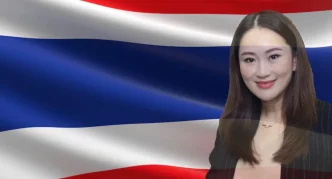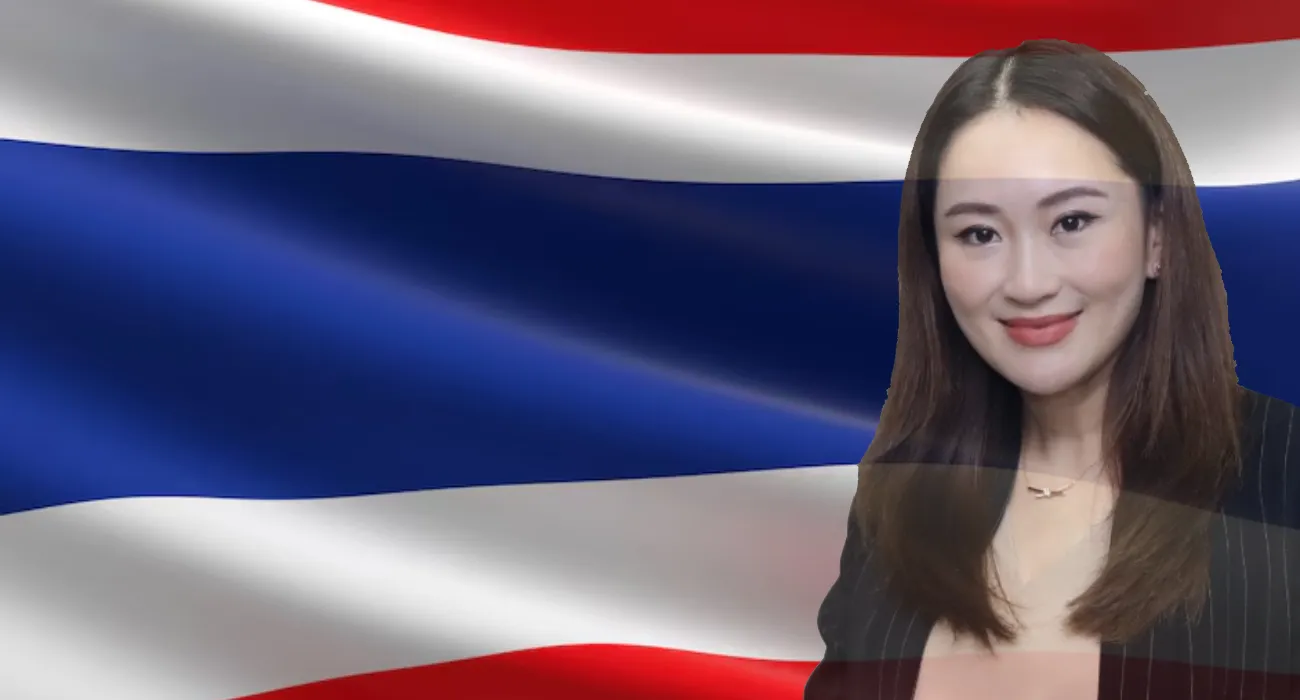Thailand’s Prime Minister Paetongtarn Shinawatra has moved to solidify her government’s position by publicly affirming the unity of her Pheu Thai-led coalition, a critical step as the nation grapples with external security concerns reportedly linked to neighboring Cambodia. Following the recent withdrawal of the Bhumjaithai Party, the coalition’s second-largest partner, Paetongtarn emphasized the importance of a cohesive front to address both domestic policy challenges and regional tensions.
Coalition Reaffirms Support
On June 23, 2025, Paetongtarn announced via her official Facebook page that the remaining partners in her coalition had reaffirmed their commitment to her leadership. The statement came after a pivotal meeting with coalition leaders at the Rosewood Bangkok Hotel on the previous day, where discussions centered on redistributing Cabinet seats in the wake of Bhumjaithai’s exit. Accompanying the post was a photo of Paetongtarn alongside leaders and secretary-generals of the coalition parties, a visual testament to the renewed solidarity.
In her message, the Prime Minister expressed gratitude to the coalition’s executive boards and members for their continued support. “I would like to thank the executive boards and members of all coalition partners for reaffirming their support for the government and for joining hands to create political stability—essential to addressing external national security threats and driving forward policy to solve problems for the people” she wrote. The emphasis on political stability underscores the challenges her administration faces, both within Thailand’s fractious political landscape and beyond its borders.
National Security and Regional Dynamics
Paetongtarn’s reference to “external national security threats” appears to point toward simmering tensions with Cambodia, though specifics remain undisclosed in her public statements. Thailand and Cambodia have a history of border disputes, most notably over the Preah Vihear temple area, which has sporadically flared into diplomatic and military friction. While no official confirmation of a new conflict has emerged, the Prime Minister’s language suggests a pressing concern that her government is keen to address with a unified stance.
Just days before her coalition meeting, on June 20, Paetongtarn visited the Morakot Operations Base in Ubon Ratchathani province, near Thailand’s eastern border. There, she was photographed speaking to troops alongside Royal Thai Army Lieutenant General Boonsin Padklang, signaling a direct engagement with the military on security matters. The timing of this visit, coupled with her recent statements, hints at a strategic effort to align military and political forces in response to perceived regional challenges.
“I believe no threat is greater than the unity of the Thai people” Paetongtarn declared in her social media post. “Our government will move forward with determination and dedication for the good of Thailand.” This rhetoric aims to rally public support while reinforcing the narrative of national resilience amid uncertainty.
Domestic Political Challenges
The withdrawal of the Bhumjaithai Party from the coalition last week marked a significant setback for Paetongtarn’s administration, which has struggled to maintain a broad base of support since taking office. Bhumjaithai, known for its strong regional influence, held key Cabinet positions, and its departure has necessitated a reshuffle that could alter the balance of power within the government. Analysts suggest that the redistribution of seats discussed at the Rosewood meeting will be a litmus test for Paetongtarn’s ability to manage internal dissent and maintain policy momentum.
The Pheu Thai Party, historically tied to the Shinawatra family’s political legacy, has long navigated a polarized political environment in Thailand. Paetongtarn, daughter of former Prime Minister Thaksin Shinawatra, faces the dual challenge of upholding her party’s populist policies while addressing criticisms of dynastic politics. Her ability to keep the remaining coalition partners aligned will be crucial in pushing forward initiatives on economic recovery, social welfare, and, now, national security.
Political observers note that the coalition’s public show of unity may also be an attempt to counter opposition narratives that portray the government as fragmented. By emphasizing collective resolve, Paetongtarn seeks to project strength at a time when domestic stability is as critical as external defense. However, questions linger about whether this unity will hold under the strain of future policy disagreements or unforeseen crises.
Broader Implications for Thailand’s Foreign Policy
The mention of external threats in Paetongtarn’s statement raises broader questions about Thailand’s foreign policy direction under her leadership. Thailand has traditionally balanced its relations with neighboring countries like Cambodia and Laos while maintaining a strategic partnership with major powers such as the United States and China. Any escalation of tensions with Cambodia could complicate these dynamics, potentially drawing in regional actors or international mediators.
Historically, border issues with Cambodia have tested Thailand’s diplomatic agility. The 2011 International Court of Justice ruling on the Preah Vihear temple, which largely favored Cambodia, remains a point of contention for some Thai nationalists. If the current security concerns are linked to border disputes, Paetongtarn’s administration may face pressure to adopt a firm stance while avoiding actions that could escalate into open conflict.
Moreover, Thailand’s role within the Association of Southeast Asian Nations (ASEAN) places additional weight on how it manages regional disputes. ASEAN’s principle of non-interference often limits collective action on bilateral issues, leaving Thailand to navigate tensions with Cambodia largely on its own. Paetongtarn’s emphasis on unity and sovereignty suggests a preference for a robust national response, though diplomatic channels will likely remain open to prevent misunderstandings.
Military and Democratic Principles
A notable aspect of Paetongtarn’s messaging is her assertion that “the government and the armed forces stand together in upholding democratic principles.” This statement comes against the backdrop of Thailand’s complex history of military involvement in politics, including multiple coups over the past decades. While her administration operates under a constitutional framework, the military’s influence remains a significant factor in national governance.
Her visit to Morakot Operations Base and direct engagement with military leaders like Lieutenant General Boonsin Padklang indicate a deliberate effort to align civilian and military priorities. This alignment could be interpreted as a pragmatic move to ensure stability, particularly if security threats escalate. However, it also raises questions about the balance of power and the extent to which democratic processes will guide decision-making in times of crisis.
Public sentiment on this issue, as reflected in social media discussions, appears mixed. While some Thais express support for a strong government-military partnership in the face of external challenges, others voice concerns about potential overreach. Paetongtarn’s leadership will need to navigate these perceptions carefully to maintain public trust.
Looking Ahead
As Thailand faces a confluence of internal political restructuring and external security concerns, Paetongtarn Shinawatra’s ability to maintain coalition unity will be a defining factor in her tenure. The public reaffirmation of support from her partners offers a temporary reprieve, but the underlying challenges of Cabinet reshuffles and regional tensions remain unresolved. Her administration’s next steps—whether in policy implementation or diplomatic engagement—will be closely watched by both domestic and international observers.
For now, the Prime Minister’s message of determination resonates as a call to action for the Thai people. Yet, as the situation with Cambodia and other potential threats unfolds, the true test of her leadership will lie in translating unity into tangible outcomes. Will this coalition hold firm under pressure, and can Thailand address its external challenges without compromising internal stability? These questions loom large over Paetongtarn’s government as it charts its path forward.















